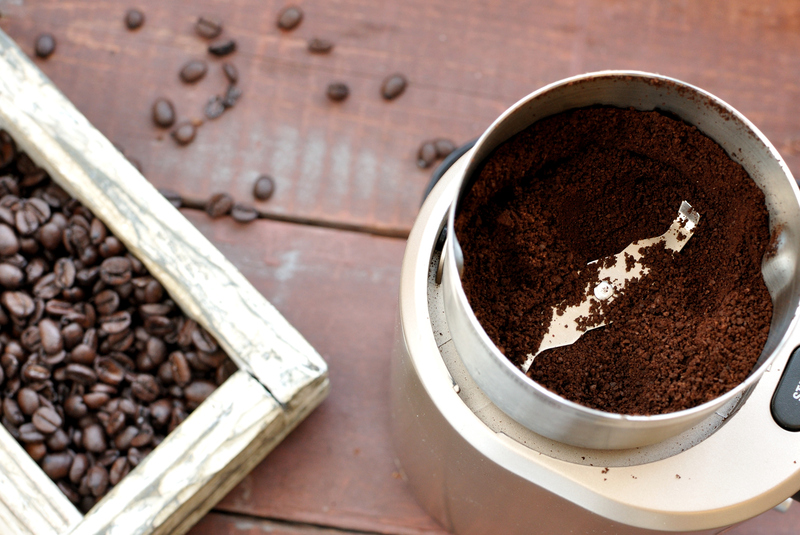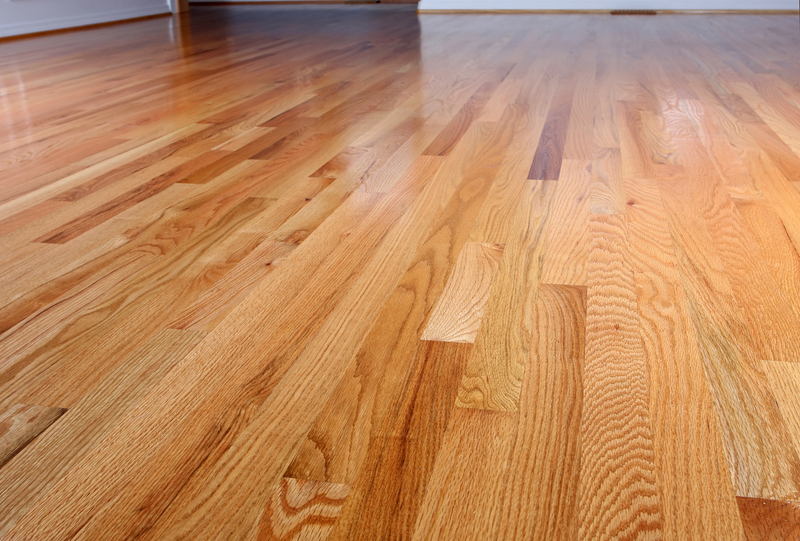Cleaning Hard Deposits
Posted on 14/10/2024
Hard deposits, often referred to as mineral or scale build-up, can be a headache for many homeowners and businesses alike. From kitchen appliances to industrial machinery, these deposits can impact the efficiency and lifespan of equipment. In this article, we'll explore what causes hard deposits, the best practices for cleaning them, and preventive measures to avoid future build-up.
Understanding Hard Deposits
Hard deposits are primarily composed of minerals like calcium and magnesium that precipitate out of water. When water containing high mineral content, also known as hard water, flows through pipes and evaporates, it leaves behind these mineral residues. Common areas where you might encounter hard deposits include:
- Kettles and coffee makers
- Faucets and showerheads
- Dishwashers
- Washing machines
- Water heaters
- Industrial machinery

Identifying Hard Deposits
Recognizing hard deposits is the first step in cleaning them. These deposits often appear as white, chalky residues on surfaces that come into contact with hard water. Over time, they can become more pronounced, forming thicker layers that are more difficult to remove. In severe cases, the build-up can lead to clogs and reduced water flow, impacting the performance of appliances and plumbing.
Methods to Clean Hard Deposits
There are several effective methods to clean hard deposits, ranging from natural solutions to chemical cleaners. Below, we will explore some of the most commonly used techniques:
Natural Solutions
Vinegar
Vinegar, particularly white vinegar, is a popular and effective natural cleaner for hard deposits.
- Faucets and Showerheads: Fill a plastic bag with vinegar and secure it around the faucet or showerhead with a rubber band. Allow it to soak for several hours or overnight, then scrub with a brush.
- Kettles and Coffee Makers: Fill with equal parts of water and vinegar, bring to a boil, then let it sit for an hour before rinsing thoroughly.
Lemon Juice
Lemon juice contains citric acid, which can effectively dissolve mineral deposits.
- Apply freshly squeezed lemon juice to affected areas and let it sit for a few hours, then scrub and rinse.
Chemical Cleaners
Descaling Solutions
Commercial descaling solutions are specifically formulated to tackle hard deposits. These products often contain acids that can break down calcium and magnesium build-up.
- Follow manufacturer instructions for safe and effective use. Always wear gloves and ensure proper ventilation.
CLR (Calcium, Lime, and Rust Remover)
CLR is a widely used chemical cleaner for battling hard deposits. It is effective on a variety of surfaces, from kitchen appliances to bathroom fixtures.
- Follow the instructions on the label, taking necessary safety precautions, such as wearing gloves and eye protection.
Phosphoric Acid
Often found in commercial cleaning products, phosphoric acid is potent against mineral deposits. It's particularly useful for industrial applications.
- Use with caution and adhere to safety guidelines provided by the product manufacturer.
Preventing Future Build-Up
Addressing the root cause of hard deposits is crucial for long-term prevention. Here are some effective strategies:
Water Softeners
Installing a water softener system can significantly reduce mineral content in your water supply. These systems use ion exchange to replace calcium and magnesium ions with sodium ions, reducing scale formation.
Regular Maintenance
Routinely cleaning appliances and plumbing fixtures can prevent the accumulation of hard deposits.
- Descale coffee makers and kettles regularly with vinegar or commercial descalers.
- Screens on faucets and showerheads should be cleaned quarterly.
Vinegar Rinses
For areas prone to build-up, perform regular vinegar rinses. This is especially useful for dishwashers and washing machines.

Industrial Applications
In industrial settings, hard deposits can have severe consequences, leading to equipment failure, decreased efficiency, and costly repairs. Therefore, targeted solutions and stringent maintenance protocols are necessary.
Scale Inhibitors
Scale inhibitors are chemicals added to water systems to prevent hard deposits from forming. They work by preventing minerals from precipitating out of the water.
- Industries often use these in cooling towers, boilers, and heat exchangers.
Acid Cleaning
This method involves circulating a dilute acid solution through the system to dissolve and remove the build-up. It requires expert handling to ensure the safety and integrity of the equipment.
Regular Inspections
Implementing a schedule for regular inspections and maintenance can help catch problems before they escalate. Ultrasonic testing and other diagnostic tools can be used to monitor the condition of equipment and pipes.
Conclusion
Cleaning and preventing hard deposits is essential for maintaining the efficiency and longevity of both household and industrial equipment. By understanding the causes of these deposits and employing the right cleaning methods, you can ensure optimal performance and reduce the risk of costly repairs or replacements. Whether you opt for natural solutions like vinegar and lemon juice or specialized chemical cleaners, regular maintenance and preventive measures are key to managing hard deposits effectively.
Latest Posts
Effortless Steps for Oven Cleaning Like a Pro
Eco Cleaning Solutions That Are Safe, Effective, and Planet-Friendly
Fast and Efficient Ways to Eliminate Grease Stains from Everyday Items




